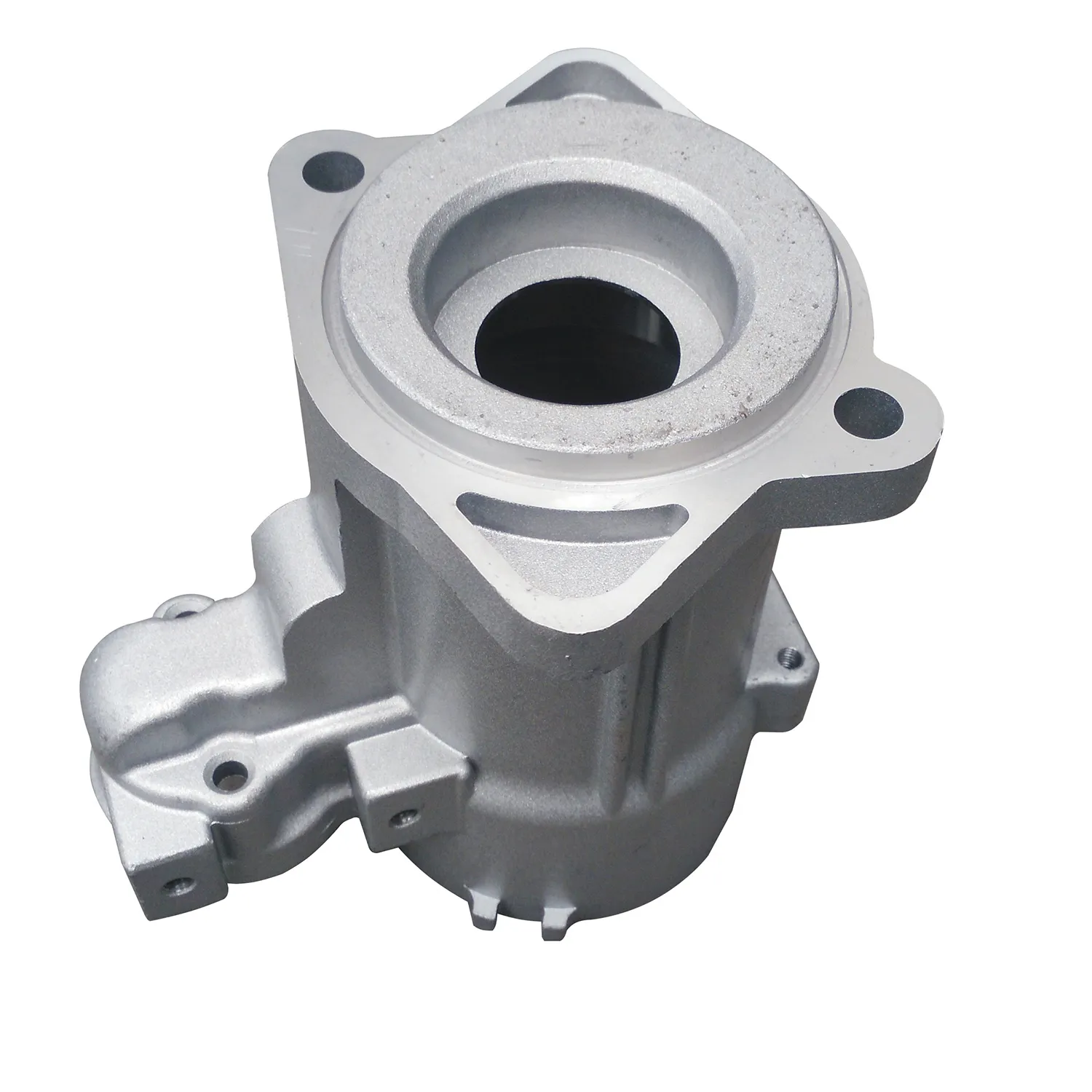Mobile:+86-311-808-126-83
Email:info@ydcastings.com
stainless steel products
Understanding Stainless Steel Products Versatility and Durability in Modern Applications
Stainless steel has become a cornerstone of modern manufacturing and design, celebrated for its remarkable properties that make it suitable for a wide range of applications. From kitchen utensils to industrial machinery, stainless steel products are ubiquitous, embodying a perfect blend of durability, aesthetic appeal, and resistance to corrosion. In this article, we will explore the various types of stainless steel products, their benefits, and the reasons behind their widespread use across different industries.
Types of Stainless Steel Products
1. Kitchenware One of the most common applications of stainless steel is in kitchenware. Items such as pots, pans, cutlery, and sinks are often made from stainless steel due to its non-reactive nature. Unlike other metals, stainless steel does not impart flavors or odors to food, making it a safe choice for cooking and food storage. Its smooth surface also makes it easy to clean, making it a favorite among home cooks and professional chefs alike.
2. Construction Materials In the construction industry, stainless steel is favoured for its strength and resistance to weathering. Steel beams, railings, and cladding can be found in buildings, bridges, and other structures. Its ability to resist rust and corrosion extends the lifespan of these products, reducing the need for frequent replacements and maintenance. Stainless steel plays a crucial role in modern architecture, as it allows for sleek designs and innovative structures while maintaining safety and durability.
3. Automotive Industry The automotive industry increasingly employs stainless steel for parts such as exhaust systems, trim, and structural components. Its strength-to-weight ratio is particularly beneficial, contributing to fuel efficiency without compromising safety. Moreover, stainless steel’s resistance to extreme temperatures and corrosive elements enhances the longevity of automotive components, leading to lower maintenance costs for vehicle owners.
4. Medical Equipment Stainless steel is the material of choice in the medical field due to its hygienic properties and resistance to corrosion. Surgical instruments, dental tools, and hospital equipment are often made from stainless steel, ensuring that they can withstand repeated sterilization processes without deteriorating or harboring bacteria. This reliability is crucial in maintaining health and safety standards in medical settings.
5. Consumer Goods Beyond industrial applications, stainless steel products also make their way into everyday consumer goods. Items such as water bottles, thermos flasks, and reusable straws have gained popularity due to their sustainability and reusability. Stainless steel not only minimizes the environmental impact associated with single-use plastics but also offers consumers a durable and stylish alternative.
stainless steel products

Advantages of Stainless Steel Products
The popularity of stainless steel products can be attributed to several key advantages
- Corrosion Resistance Stainless steel is known for its ability to resist rust and corrosion, which is essential in environments exposed to moisture or chemicals. This property significantly reduces maintenance costs and extends the lifespan of products.
- Strength and Durability Stainless steel is incredibly strong, allowing products made from it to withstand significant wear and tear. This durability makes it an ideal choice for both functional and structural applications.
- Aesthetic Appeal The shiny, modern appearance of stainless steel makes it a favored material in design and architecture. Its sleek look adds elegance to various products, making it a popular choice for those seeking both functionality and style.
- Eco-Friendly Stainless steel is fully recyclable, promoting sustainability and reducing environmental impact. Products made from stainless steel can be recycled continuously without any loss of quality.
Conclusion
In conclusion, stainless steel products have firmly established their place in a multitude of industries due to their exceptional properties. From kitchenware to construction materials, the applications are vast and varied. Their strength, durability, and resistance to corrosion make them not only indispensable in professional settings but also appealing in everyday use. As technology advances and sustainability becomes increasingly important, the role of stainless steel in manufacturing and design will likely continue to grow, shaping the future of numerous industries.
-
Why Should You Invest in Superior Pump Castings for Your Equipment?NewsJun.09,2025
-
Unlock Performance Potential with Stainless Impellers and Aluminum End CapsNewsJun.09,2025
-
Revolutionize Your Machinery with Superior Cast Iron and Aluminum ComponentsNewsJun.09,2025
-
Revolutionize Fluid Dynamics with Premium Pump ComponentsNewsJun.09,2025
-
Optimizing Industrial Systems with Essential Valve ComponentsNewsJun.09,2025
-
Elevate Grid Efficiency with High-Precision Power CastingsNewsJun.09,2025











